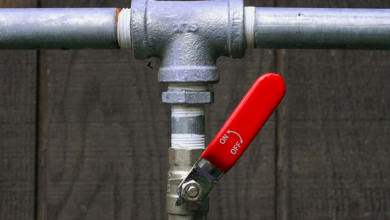What is manaloha rent a car

If you’re looking for a great way to get around the islands, look no further than manaloha rent a car. They offer top-notch customer service and an extensive selection of cars to choose from. Plus, they’re always up for a great time. In this article, we’ll take a closer look at what makes manaloha rent a car such an excellent choice for island travel. We’ll also provide some tips on how to make the most of your rental experience.
manaloha rent a car
Manaloha rent a car is a top quality car rental company that specializes in providing excellent customer service. What sets manaloha apart from other rental companies is their dedication to providing an eco-friendly experience. Not only do they use recycled materials whenever possible, but they have also committed to using renewable energy sources.
Another way that manaloha stands out is the level of attention they give to their customers’ needs and desires. They understand that not everyone wants the same thing, which is why they offer a variety of options and vehicles to choose from. They also provide complimentary transportation services for those who are travelling with children or pets, which puts them head and shoulders above other rental companies in the area.
If you are looking for a top-notch car rental experience, then you should definitely consider reserving a vehicle with manaloha rent a car.
What is manaloha rent car?
Manaloha Rent Car is a car rental company based in Hawaii. They offer different types of car rentals, including premium cars, SUV rentals, and convertible rentals.
What are the benefits of manaloha rent car?
When you rent from manaloha, you can be sure that you’re getting the best car rental experience possible. Here are a few of the benefits to renting from us:
-Wide range of car models and sizes to choose from
-Unparalleled customer service
-Fast, reliable rentals
-All rates include taxes and fees
If you’re looking for an unbeatable car rental experience, look no further than manaloha! We offer a wide range of cars and sizes, all of which are perfect for your needs. In addition to offering great customer service, we also provide fast, reliable rentals at all rates including taxes and fees.
How much does manaloha rent a car cost?
Manaloha Rent a Car is the perfect car rental company for anyone looking for an affordable and convenient way to get around Hawaii. With locations all across the island state, Manaloha Rent Car is always able to accommodate your needs.
Some of the most popular rental options with Manaloha Rent Car include mini vans, SUVs, and convertibles. Whatever your needs may be, we are confident that we can find the perfect car for you. Additionally, our friendly and professional staff are more than happy to help you find the best places to visit in Hawaii and answer any questions you may have about the island paradise.
With Manaloha Rent Car, there’s no need to worry about budget or convenience – simply turn up and drive!
Conclusion
Thank you for reading our article on manaloha rent a car. We hope that we were able to provide you with some useful information about this popular rental service. If you have any questions or would like to discuss your rental experience in more detail, please feel free to contact us. We look forward to hearing from you soon!




